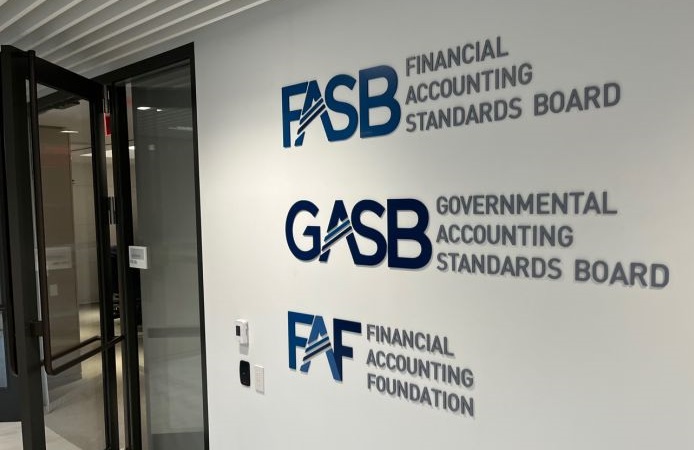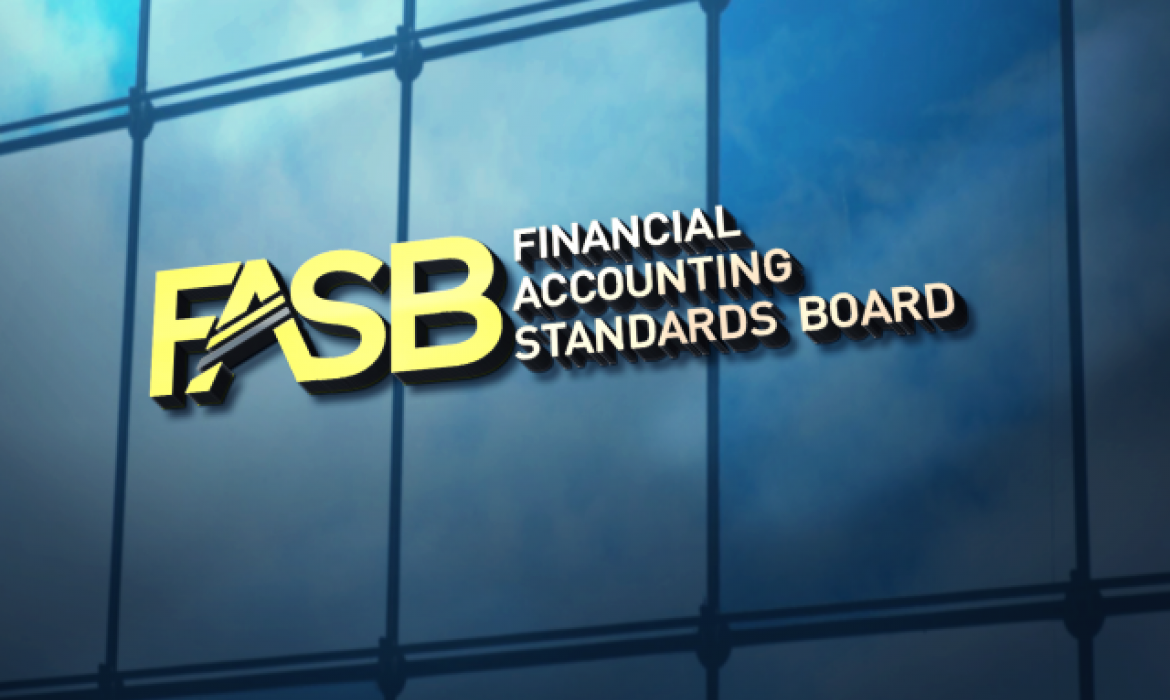The Governmental Accounting Standards Board (GASB) issued two exposure drafts on Monday: one on a proposed standard on subsequent events and the other a proposed update to an implementation guide in the form of questions and answers intended to clarify, explain, or elaborate on certain GASB pronouncements.
The primary objective of the exposure draft, Subsequent Events, is to re-examine the existing requirements in Statement No. 56, Codification of Accounting and Financial Reporting Guidance Contained in the AICPA Statements on Auditing Standards, related to subsequent events and improve the financial reporting requirements for subsequent events, according to the GASB.
GASB’s pre-agenda research on subsequent events showed diversity in practice in the application of the existing guidance. As a result, the project is designed to improve consistency in application of GASB literature, which should better meet the information needs of financial statement users, the GASB said. To do that, the exposure draft clarifies the different types of subsequent events, when note disclosures would be required, and the information that would be included in those note disclosures.
The proposed guidance defines subsequent events as “transactions or other events that occur after the date of the financial reporting statements but before the date the financial statements are available to be issued.” The exposure draft describes the date the financial statements are available to be issued as the date at which:
- The financial statements are complete in a form and format that complies with Generally Accepted Accounting Principles (GAAP), and
- All approvals necessary for issuance have been obtained.
The proposed guidance would clarify the subsequent events that constitute recognized and nonrecognized events and establish specific note disclosure requirements for nonrecognized events, according to the GASB.
The other exposure draft, Implementation Guidance Update—2025, contains nearly 20 proposed new and amended questions and answers that address leases, accounting changes and error corrections, conduit debt obligations, cash flows reporting, compensated absences, and financial reporting model improvements.
The board periodically issues new and updated guidance to assist state and local governments in applying GAAP to specific facts and circumstances that they encounter. The GASB develops the guidance based on:
- Application issues raised during due process on GASB pronouncements;
- Questions it receives throughout the year; and
- Topics identified by members of the Governmental Accounting Standards Advisory Council and other stakeholders.
The guidance in implementation guides is cleared by the GASB and constitutes Category B GAAP.
Stakeholders are asked to review and provide input on the exposure draft on subsequent events by Feb. 21, 2025. Comments on the exposure draft related to the implementation guide update should be sent to the GASB by Jan. 24, 2025.
Comments may either be submitted in writing or through an electronic input form. More information about commenting on the exposure drafts can be found in the front of the documents, which are available on the GASB website.
Thanks for reading CPA Practice Advisor!
Subscribe Already registered? Log In
Need more information? Read the FAQs



